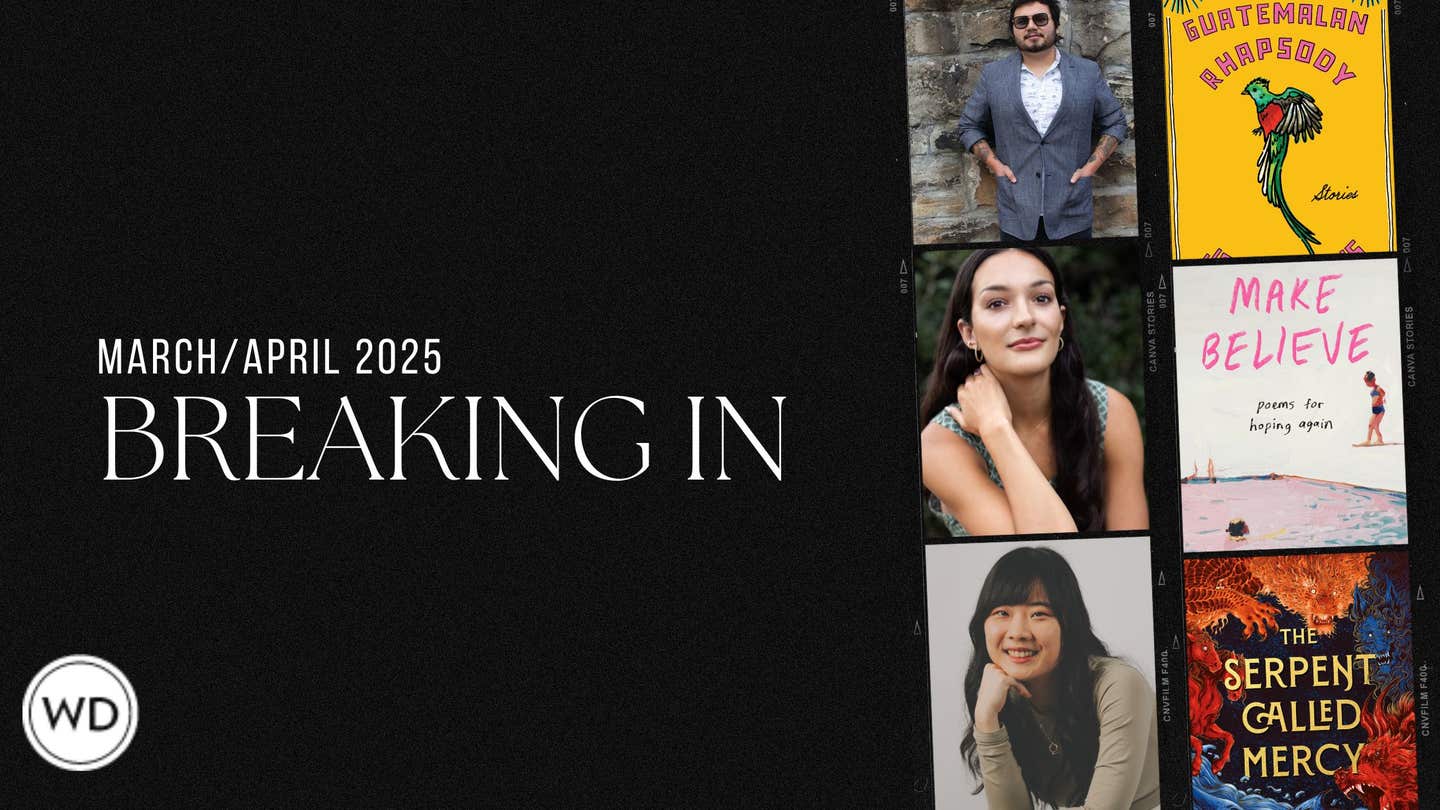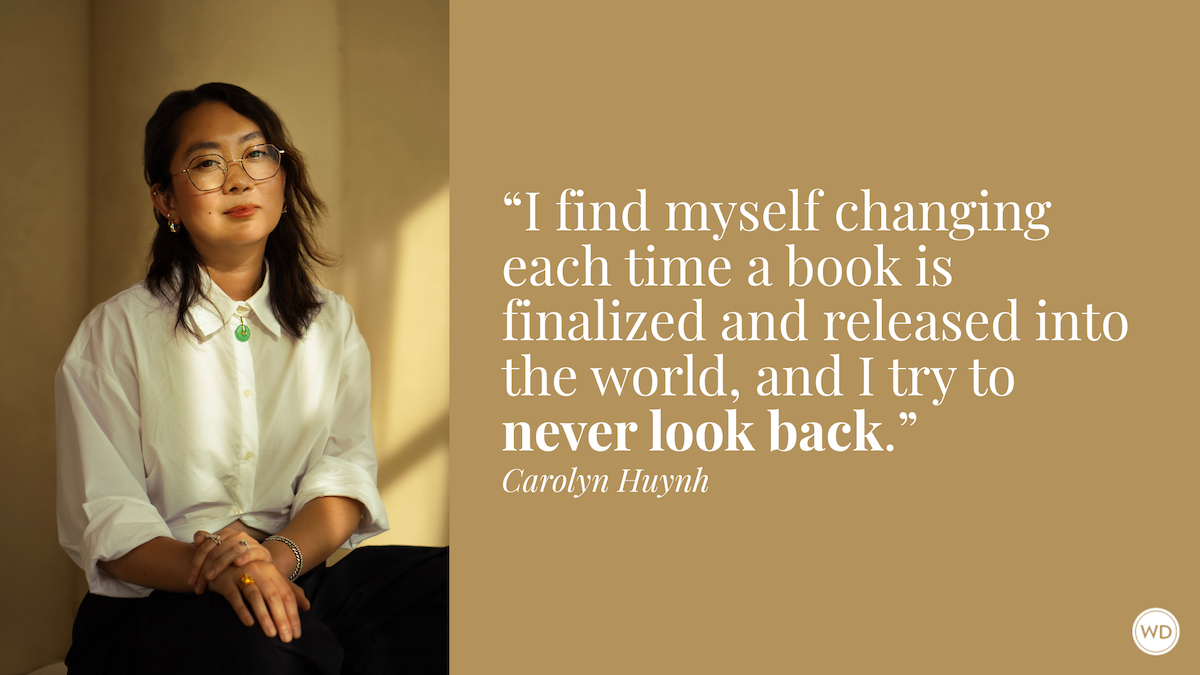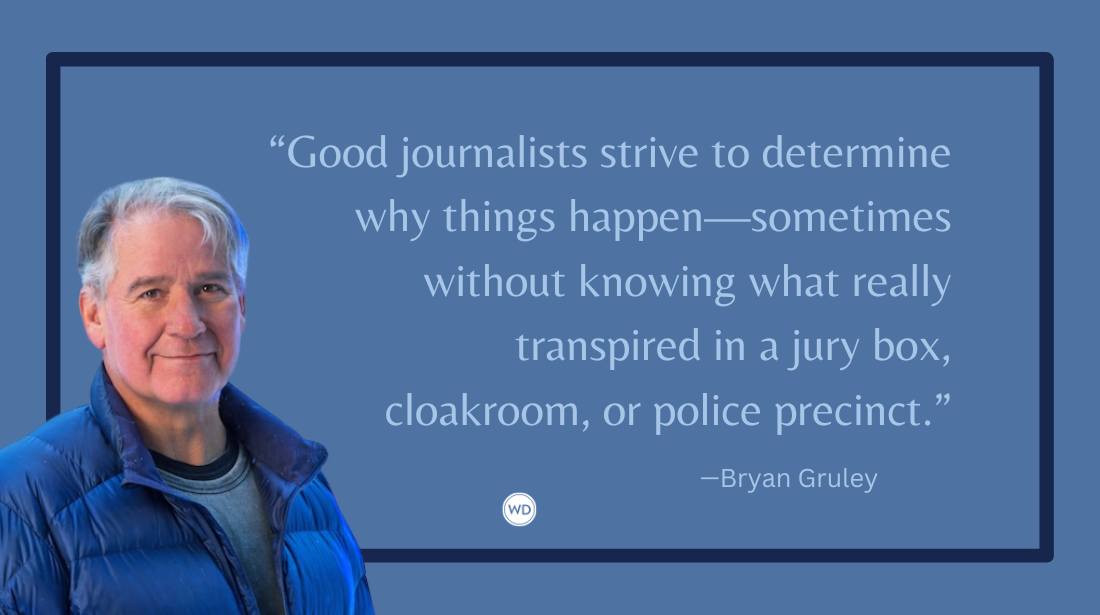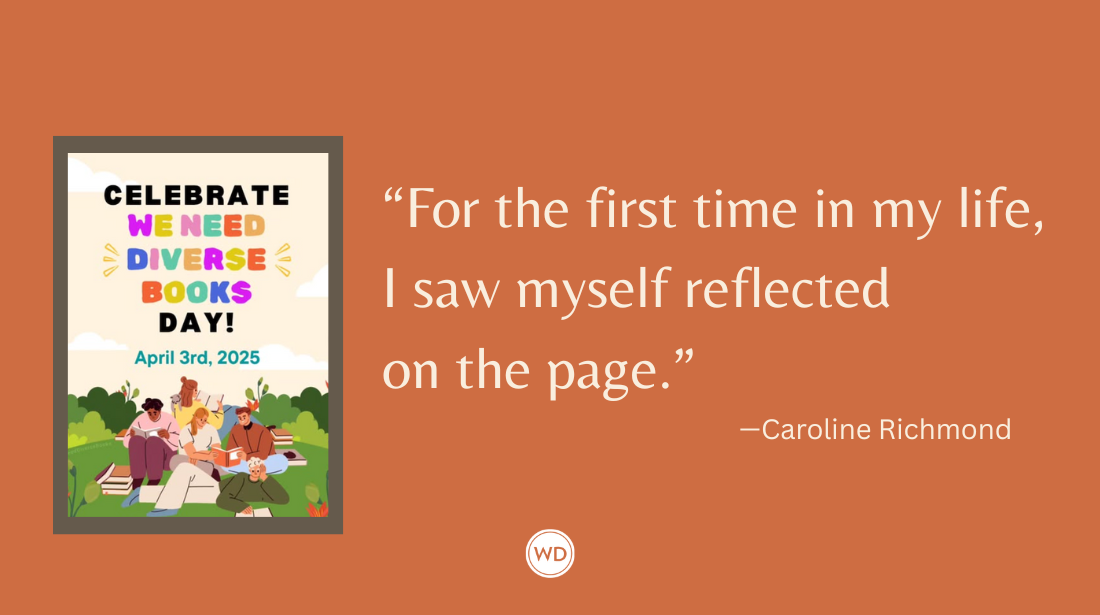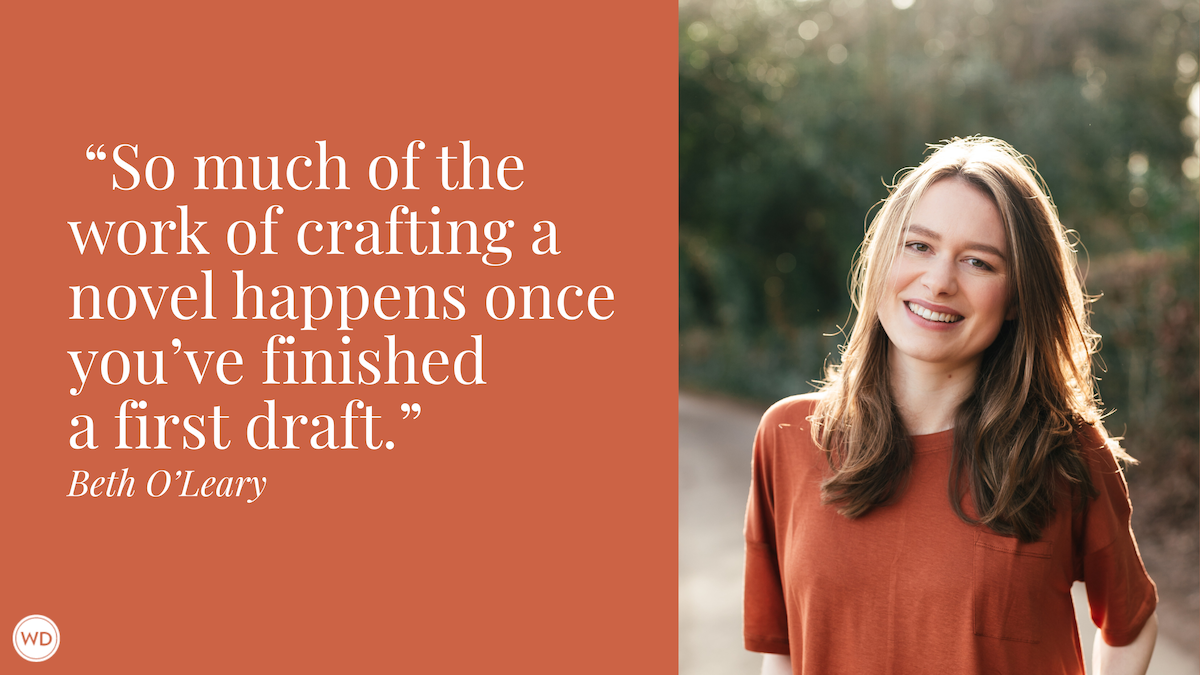Gabe Cole Novoa: On Helping Young Readers See Themselves in Fiction
Author Gabe Cole Novoa discusses the process of writing his new YA fantasy, The Wicked Bargain.
Gabe Cole Novoa (he/him) is a Latinx transmasculine author with an MFA in writing for children who writes speculative fiction featuring marginalized characters grappling with identity. When he isn’t being nerdy at his day job or buried under his TBR pile, you’re likely to find him making heart-eyes at the latest snazzy outfit he wants to add to his wardrobe.
Gabe is the author of the Beyond the Red trilogy, written under a former pseudonym. He also runs a popular writing-focused YouTube channel, bookishpixie, and is active on Twitter, Facebook, and Instagram.
In this post, Gabe discusses the process of writing his new YA fantasy, The Wicked Bargain, his advice for writers, and more!
Name: Gabe Cole Novoa
Literary agent: Louise Fury
Book title: The Wicked Bargain
Publisher: Random House Children’s
Release date: February 28, 2023
Genre/category: YA Fantasy
Previous titles: Beyond the Red, Into the Black, and The Rising Gold (under former pseudonym)
Elevator pitch for the book: The Wicked Bargain is a YA Latinx Fantasy about a trans masculine nonbinary pirate hiding magical abilities on a mission of revenge, redemption, and revolution in the aftermath of a deal with the devil gone wrong.
What prompted you to write this book?
When I sat down in the spring of 2017 and asked myself what I wanted to write about next, the answer came quickly:
- I wanted to write about Latinx pirates
- I wanted those pirates to be gay
- And I wanted the protagonist to be trans masculine, like me.
From there, I was also inspired by some deal with the devil Mexican myths I’d come across and I thought a devil deal story would blend nicely with a pirate story. Once I actually started writing and plotting, I was delighted to find it worked even better than I’d hoped.
How long did it take to go from idea to publication? And did the idea change during the process?
The Wicked Bargain was a long time coming but the idea stayed mostly the same. I first began drafting a proposal for the book in the late spring of 2017. I was about to start grad school at Simmons University, so I submitted the proposal to the Boston Public Library’s Writer-in-Residence program. While it didn’t win, I got an extremely nice rejection letter letting me know my proposal was one of the finalists and encouraging me to submit again the following year.
Ultimately, I couldn’t submit the following year due to a change in the rules, but I used the proposal for my final grad school project in early 2019, which involved working with an editor for a semester to finish a draft or part of a draft. With the editor’s feedback, I created a much more complete proposal which went out on submission in January 2020. It didn’t take long to hear we had some interest, and in early March 2020 we had an offer, but then the pandemic slowed things down.
Nevertheless, we ended up accepting the offer and The Wicked Bargain was slated for Fall 2022, which was pushed a season to February 28, 2023. So, from start to finish, it took nearly six years!
Were there any surprises or learning moments in the publishing process for this title?
Even though The Wicked Bargain isn’t my first published book, it’s my first with a Big Five publisher, so it was cool seeing some of the behind-the-scenes differences. Up until working with the awesome team at Random House Children’s, I’d been given the impression that authors don’t really get much say in covers with bigger publishers. While I’m sure that’s still the case sometimes, I was pleasantly surprised to see how much feedback I was able to give, from the illustrator choice to even the design of the physical book, which was incredibly cool!
Were there any surprises in the writing process for this book?
If you’d told me 10 years ago I’d be publishing three books with real historical settings between 2023 and 2024 I might not have believed you. The Wicked Bargain was my first foray into historical fantasy and I’m so glad I gave it a try because it’s been a lot of fun!
I learned so much about what pirates were really like and what life was like in the early 1800s. As a bonus, it gave me the opportunity to write about queer people in historical settings, which I really appreciate because popular media often forgets that queer people aren’t an invention of the 21st century—we’ve been here all along.
What do you hope readers will get out of your book?
My goal for The Wicked Bargain was to write a magical adventure with a protagonist that trans and Latinx readers could relate to. It’s only recently that trans readers have started being able to see themselves as the heroes in media that has nothing to do with being trans—and I want to add to that cannon as much as I can.
If you could share one piece of advice with other writers, what would it be?
Stubborn perseverance really is key in this industry. My first book published, Beyond the Red, was actually the 10th book that I wrote—and though The Wicked Bargain will be my fourth book published, it’s the 19th that I’ve finished.
It’s impossible to predict which of your projects will sell, so the ability to pick yourself up and brush yourself off after a failed round of submission or querying and stubbornly moving on to the next project is important if you want to make a career out of writing.
Robert Lee Brewer is Senior Editor of Writer's Digest, which includes managing the content on WritersDigest.com and programming virtual conferences. He's the author of 40 Plot Twist Prompts for Writers: Writing Ideas for Bending Stories in New Directions, The Complete Guide of Poetic Forms: 100+ Poetic Form Definitions and Examples for Poets, Poem-a-Day: 365 Poetry Writing Prompts for a Year of Poeming, and more. Also, he's the editor of Writer's Market, Poet's Market, and Guide to Literary Agents. Follow him on Twitter @robertleebrewer.



